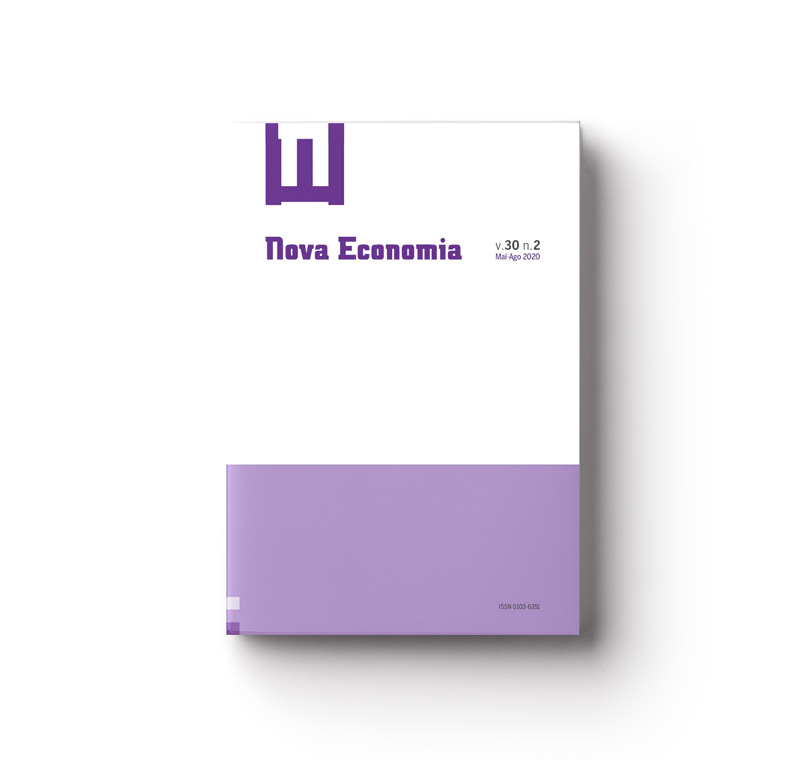The great strategy of the Portuguese empire: D. Luís da Cunha and the origins of the Luso-Brazilian enlightened reformism
Keywords:
Portugal, Mercantilismo, D. Luis da CunhaAbstract
The article presents the reform proposals of D. Luís da Cunha (1662-1749) in the context of the transition from the seventeenth century to the eighteenth century in Portugal. For this, the article begins with the contextualization of the changes in the balance of power and political thought associated with the emergence of Great Britain as the centralizing Empire of the events of the 18th century. In this transition, important intellectual developments are in process, for example the rise of the Political Economy as an autonomous discipline and its relevance to the management of the interests of the Kingdom and the Empire. It follows with the characterization of the proposed reforms made by D. Luís da Cunha which aimed at raising the relative power of Portugal. In this way, D. Luís enumerates the need to increase the population contingent both in the Kingdom and in the areas of the sea, to facilitate the flow of goods and coins, to reduce certain privileges and even to review the statutes of the Inquisition.
Downloads
Published
How to Cite
Issue
Section
License
Copyright (c) 2020 Fernando Ribeiro, Nelson Mendes Cantarino

This work is licensed under a Creative Commons Attribution 4.0 International License.
Authors who publish with this journal agree to the following terms:
- Authors retain copyright and grant the journal right of first publication with the work simultaneously licensed under a Creative Commons Attribution 4.0 International License that allows others to share the work with an acknowledgement of the work's authorship and initial publication in this journal.
- Authors are able to enter into separate, additional contractual arrangements for the non-exclusive distribution of the journal's published version of the work (e.g., post it to an institutional repository or publish it in a book), with an acknowledgement of its initial publication in this journal.
- Authors are permitted and encouraged to post their work online (e.g., in institutional repositories or on their website) prior to and during the submission process, as it can lead to productive exchanges, as well as earlier and greater citation of published work (See The Effect of Open Access).




